Apply Good Governance to Master Data
Add appropriate approvals and keep full audit trails around the lifecycle of your master data.
ProcessMaker offers a unique set of technology and functionality that makes it ideal for maintaining and managing your company’s master data. Master data is the data that usually resides in the core company system. This could be an ERP, a Financial Suite, a “Core”, or in some cases a CRM.
In a modern enterprise master data management is challenging. Who gets access to the data and systems? What sort of data should be stored in these systems? What sort of governance should exist around how the data gets changed and by whom?
ProcessMaker offers a combination of workflow, rules, and data management that makes it ideal for ensuring data integrity at the point of entry and for helping to discover and eliminate duplicate records. As your company begins to capture more and more data, it is even more critical than ever to have a way to ensure the integrity of your data and keep your system of record clean.
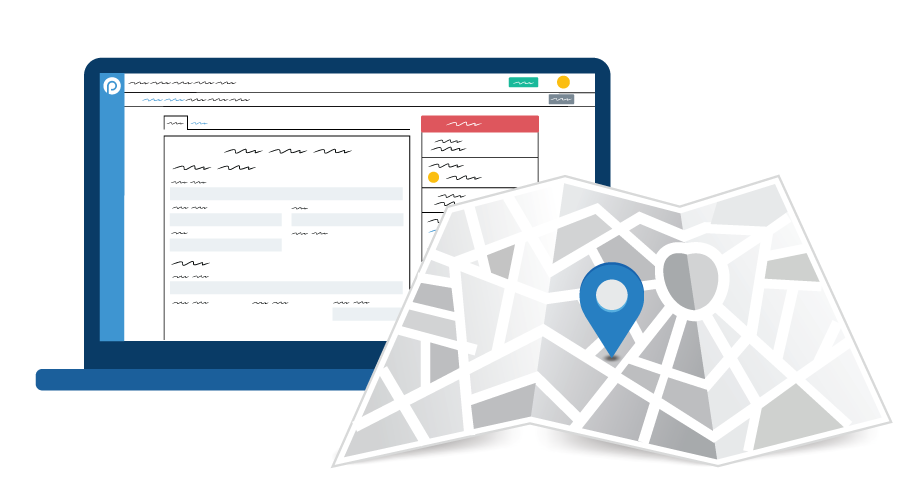
Address Validation
One of the principle sources of ‘dirty’ data comes from address duplication. This can be caused by using non-standardized city, state, and country fields or because users introduce slight variations in the spelling of street names. ProcessMaker includes connectors to various address verification systems around the globe to ensure standardized address fields.
Form Validations
The best time and place to ensure clean data is when it enters the system. Combining the ProcessMaker screen builder with our business rules engine, allows for data validation at the beginning of your business process. To do this you can use features such as dependent drop-down menus, standardized lists, data calls to search for duplicates, and by using our connectors to external KYC (know your customer) systems.
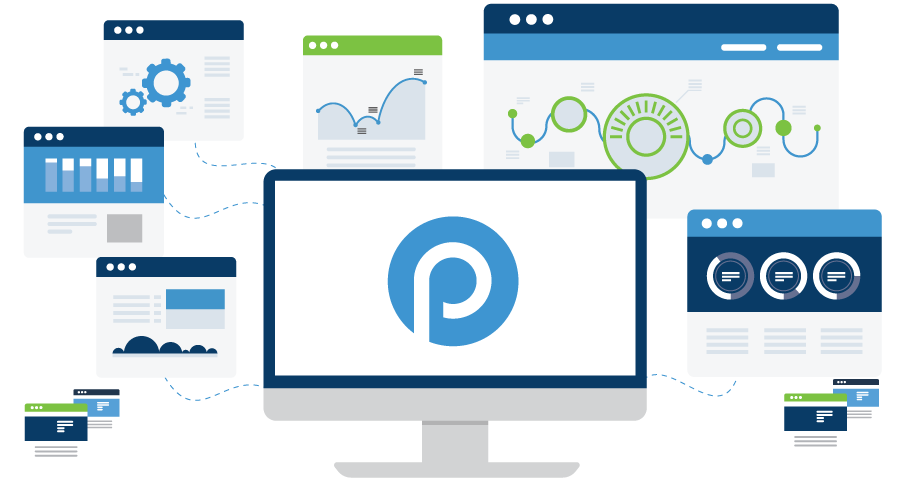
Product and Account Code Reconciliation
Many companies struggle with business processes that cross between subsidiaries, affiliate companies, and partners. Many times the account codes, product codes, GL codes, or customer codes are different even though they refer to the same things. ProcessMaker can move and transform data on its way in or out of a workflow. As companies grow because of acquisitions, they often end up with many different systems and versions of systems which complicates this problem further. The ProcessMaker business rules engine is ideal for changing and manipulating data and creating the rules to properly transform the data to make sure it conforms with the direction and strategy of the business as determined by management.
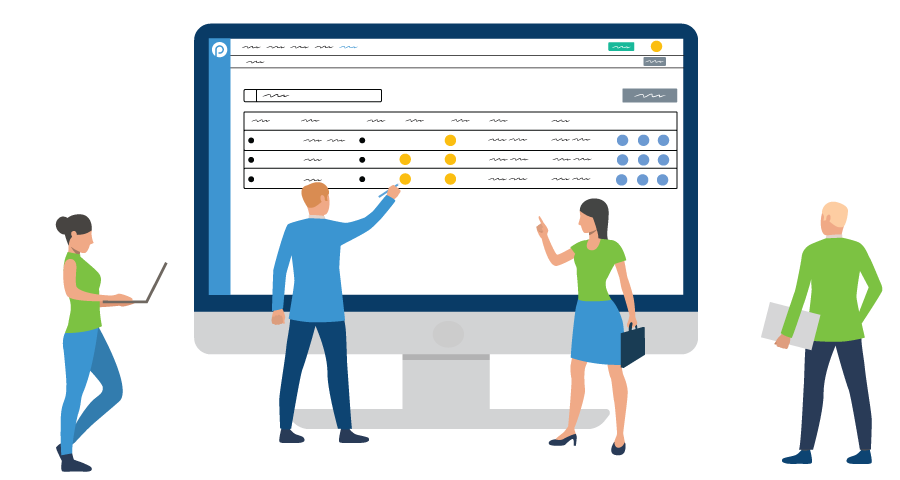
Master Data Storage
There are cases where a business does not have a Master System of Record. In this scenario, ProcessMaker has an extensive and powerful feature called Record Collections which allows you to make ProcessMaker your system of record. In green field implementations, this is often the case. Other times, a business needs a hybrid approach in which data should reside in ProcessMaker but be synchronized with an external data storage system. This is easy to do in ProcessMaker.
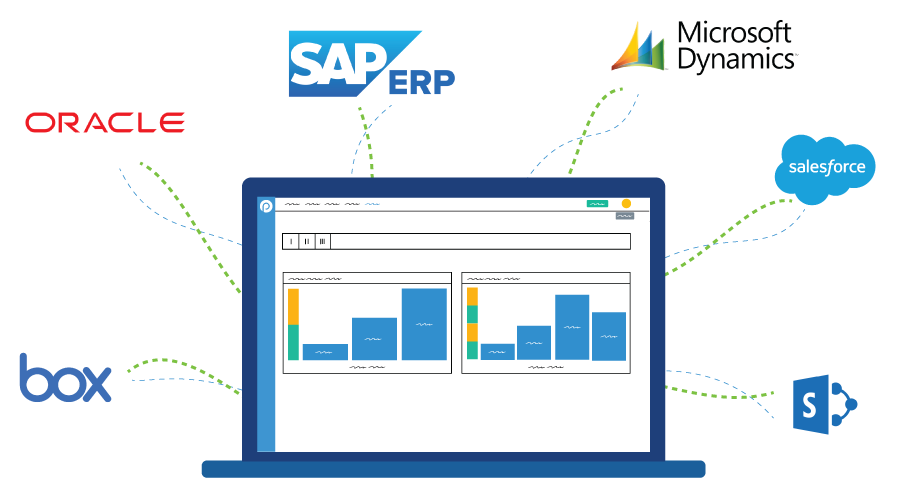
System Integration
In larger organizations, it is common to have multiple systems that manage the same data. Most businesses struggle to integrate these systems while still maintaining the integrity of their data. ProcessMaker offers a variety of tools to make it extremely easy to integrate to other systems. Our built-in data mapping tool allows you to graphically link data between systems, while our rules engine allows for data transformation on the fly.
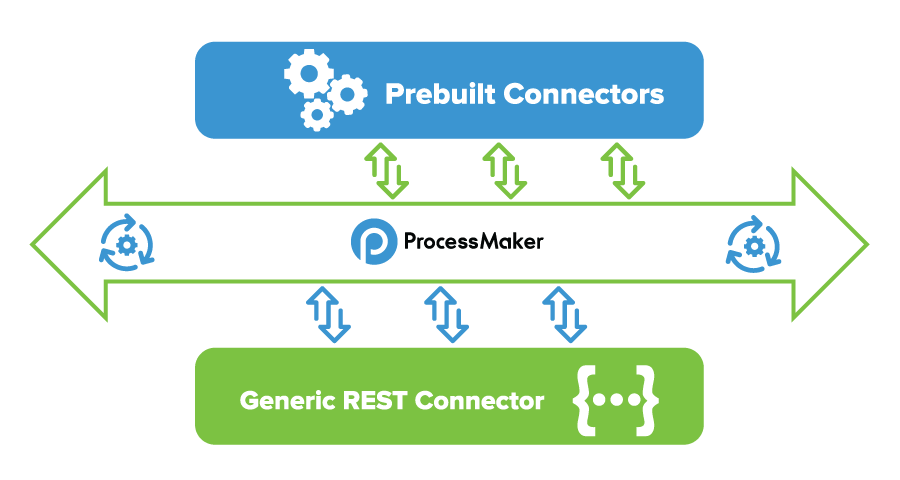
ESB, iPaaS, and Message Bus Integration
ProcessMaker can be used as a data orchestration layer. If an organization does not already have an ESB or an iPaaS, many will use ProcessMaker to perform this function. ProcessMaker has a library of prebuilt connectors to common systems that can be leveraged. If a connector does not exist, you can use our REST connector to build your own. Remember, ProcessMaker is used for building solutions that connect people and systems in order to get work done.